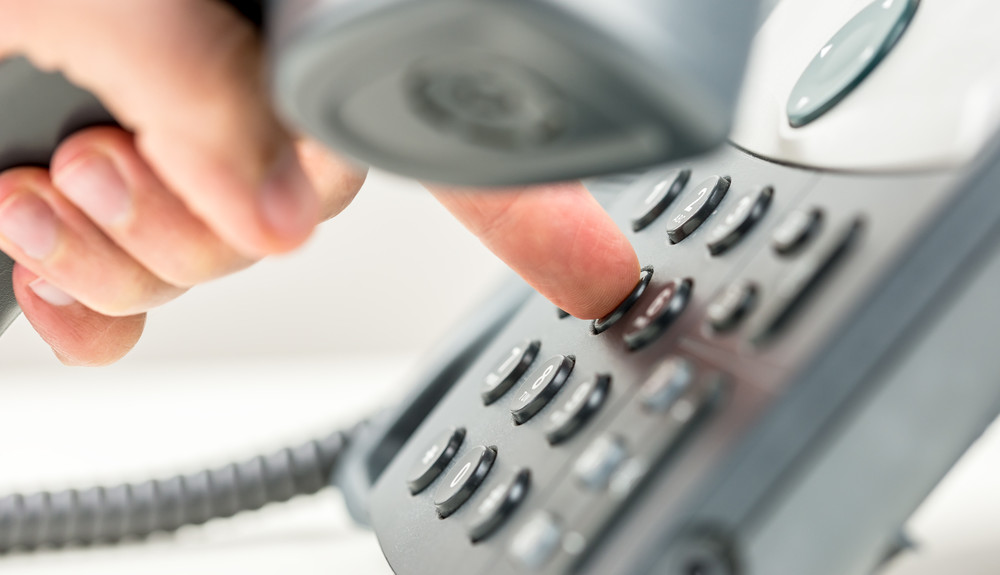If you support our United States military veterans, this is will be extremely difficult to read and digest.
Because it’s the opposite of support. It’s neglect, and at the absolute worst time. It’s worse than kicking someone when they’re down, because it’s at least when you do that, you acknowledge their existence. You recognize their struggle — their presence.
This?
According to a VA watchdog investigation carried out by the VA Department Inspector General, at least 23 veterans, troops or family members who phoned the Veterans Crisis Line in 2014 were ignored and transferred to a voicemail system.
Their calls were never, ever returned.
But that’s not at all.
The report also discovered that the centers responsible for the grave mistakes — who were contractors put in place to handle overload when the original call center was “at peak” — never trained the workers handling calls from those suffering from mental health problems or worse.
To pile on further, the backup center employees aren’t even monitored or assessed, so no one — repeat: NO ONE — knows how good or bad they answer calls from those who could be suicidal.
This from the Army Times:
The Veterans Crisis Line was established in 2007 to address the growing problem of suicide among veterans and service members. It has fielded more than 2 million calls and is credited with saving more than 50,000 lives. An HBO documentary highlighting the life-and-death drama of the VA suicide hotline efforts won an Oscar last year.
But as demand has risen for its services, so have the number of calls routed to the hotline’s backup facilities: According the inspector general, the number of calls rose by 112 percent from 2013 to 2014.
The VA OIG launched an investigation into the Veterans Crisis Line in early 2015 after receiving complaints from callers that they were placed on hold, didn’t receive immediate help or their calls went to voicemail.
Sen. Bill Nelson, D-Fla., also asked for a report on the service after a Florida veteran told the Tampa television station WFTS he was put on hold repeatedly for up to 10 minutes at a time, while he was suicidal.
This past fall the VA came out and announced that they’ve hired additional workers to take calls, especially during peak hours, and are working to upgrade the technology that supports the hotline.
“These improvements are already beginning to show that we are increasing our capacity to speak with the veterans who need us,” VA Secretary Ray McDonald said last September, while in New York City.
The Veterans Crisis Hotline’s number is 800-273-8255. It’s also available online at www.veteranscrisisline.net and via text at 838355.




































